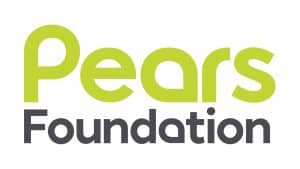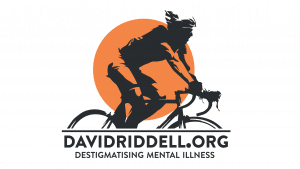New data shows long overdue need for a radical change to improve children’s mental health, says CYPMHC
‘We welcome the publication of today’s figures revealing the scale of mental health problems amongst infants, children and young people in the UK. For the first time ever, this study includes younger children under-5 as well as older teenagers up to the age of 19. This will help enhance our understanding of need at key developmental and transitional points.
‘We have been making positive strides in our society in raising awareness and tackling the stigma associated with poor mental health. Consequently, more and more children and families are coming forward to seek help, but we must ensure services are consistently available for those in need.
‘Despite the on-going national focus, the rates of children and young people accessing specialist mental health services sadly remain unchanged with only one in four receiving this support. There is a continued need to improve access and adequately resource and fund services.
‘The factors affecting children and young people’s mental health are vast and complex. Through the work of our members, we know that there are a whole host of wider determinants, such as poverty and pressures relating to school, that are contributing to the rise of mental health problems.
‘Evidence shows that mental health problems become more prevalent as children get older and these findings reaffirm this with those aged 17 to 19 being three times more likely to be experiencing a mental disorder. It is during this period that young people face the most difficulties as they transition between child and adult mental health services. We want to see a more flexible approach to transitions and greater involvement in these plans from young people themselves.
‘The mental health needs of infants must not be overlooked. Research confirms that these critical early stages of life provide the crucial foundation for children and young people’s development.
‘Some children and young people face additional barriers due to complex or multiple needs, such as those with mental health needs and a learning disability. This study finds over a third of those with a mental health a disorder also have a special educational need. Concerted effort is required by all agencies involved to offer these groups more co-ordinated advice and support.
‘We have long been calling for an integrated approach to mental health, at both a national and local level, to ensure no young person or family is turned away from support. As a society, we must also do more to promote children and young people’s overall well-being and well-becoming.
‘The forthcoming Long-Term Plan for the NHS presents a crucial opportunity to put an end to the fragmented approach to children’s health and place prevention firmly on the agenda. This includes investing in early intervention and preventative initiatives locally. Developing an integrated plan to tackle these issues is something all Government departments can and should come together to do now. The voluntary and community sector providers are keen to play a greater role in this.
Professor Dame Sue Bailey – Chair of the Children and Young People’s Mental Health Coalition
The Coalition is hosted by Centre for Mental Health with their press team supporting, please contact Kadra in the first instance.
Children and Young People’s Mental Health Coalition
Kadra Abdinasir Kadra.Abdinasir@cypmhc.org.uk 07544 955200
Emma Bailey emma.bailey@centreformentalhealth.org.uk 07891 005608
Website www.cypmhc.org.uk
Twitter @CYPMentalHealth






